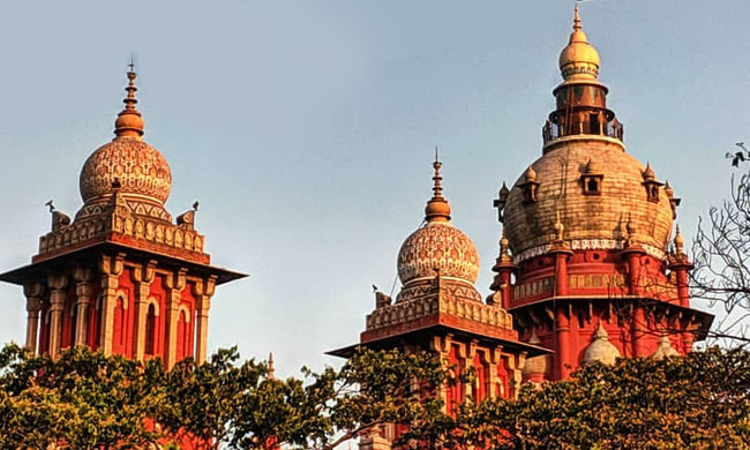In a batch of writ petitions seeking the eradication of invasive plant species 'Seemai Karuvelam' ( Prosopis Juliflora) across Tamil Nadu, a full bench of the Madras High Court has directed the state government to frame a policy/ action plan for its removal immediately.The bench of Acting Chief Justice Munishwar Nath Bhandari, Justice PD Audikesavalu and Justice N. Sathish Kumar censured...

